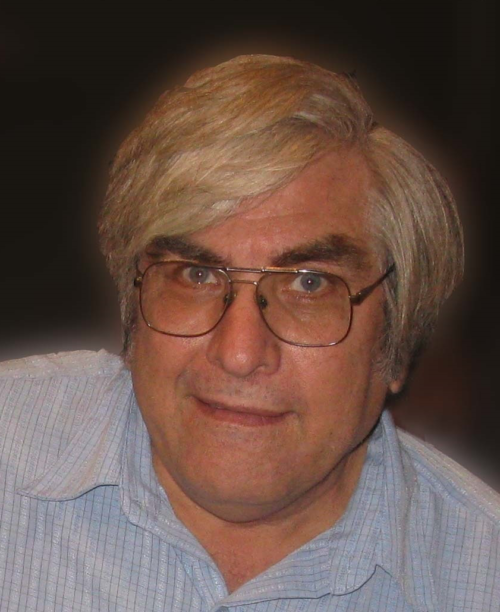Dove Press, which late last year retracted more than a dozen articles by a U.S. physician who appears to have used the articles and other publications as marketing material for dietary supplements he sold, has pulled six more of his papers.
The new retractions make 20 removals by Dove — a unit of Taylor & Francis — for Marty Hinz.
As we have reported, Hinz has a long history of running afoul of regulatory bodies, from the FDA to the Minnesota Board of Medical Practice, which in March 2020 reprimanded and fined him more than $7,000 following allegations including that he claimed on his website to have “reinvented the medical science foundation of Parkinson’s disease” and to “treat and do things for our Parkinson’s disease patients that most doctors of the world believe are impossible.”
Nearly three years ago, Stephen Barrett — a U.S. physician and founder of Quackwatch — alerted Dove to his concerns about Hinz’s failure to disclose conflicts of interest on the 20 papers. Barrett says Hinz has used those papers to support claims that supplements made by Hinz’s former company, now owned by his daughter but from which he has received royalties, are effective in treating various conditions.
As Barrett wrote to Dove last May:
During the past two months, I have acquired additional information (including three more undisclosed sources of income) which indicates that the situation is far worse than I originally realized. In fact, I now believe that what he has done may be the most egregious COI nondisclosure in journalistic history.
At various times, Dr. Hinz has claimed that as many as 200 diseases and conditions are caused by “neurotransmitter-related deficiencies” that can be remedied with the products he has developed. In 2011, a federal court ordered him to stop claiming that CHK Nutrition products were effective against diseases. Instead of stopping, however, he transferred ownership of the company to other family members but continued to promote the products through seminars and Web sites. He also generated the 20 papers that he points to as proof that his protocols are valid.
In April of last year, Dove subjected the 20 papers to expressions of concern, and in December the publisher retracted 14 of them.
Here’s an example of one of the new notices, for the 2014 paper in Neuropsychiatric Disease and Treatment titled “Parkinson’s Disease-Associated Melanin Steal”:
The Editor-in-chief and Publisher of Neuropsychiatric Disease and Treatment wish to retract the published article.
This perspective article cites several original research articles published by the authors, which have recently been retracted. This article draws on the findings from those original research articles to form central arguments and discussion, and as a result of the research articles’ retraction, the argument presented in this article is no longer valid and the editor has determined it should be retracted.
Our decision-making was informed by our policy on publishing ethics and integrity and the COPE guidelines on retraction.
Like Retraction Watch? You can make a tax-deductible contribution to support our work, follow us on Twitter, like us on Facebook, add us to your RSS reader, or subscribe to our daily digest. If you find a retraction that’s not in our database, you can let us know here. For comments or feedback, email us at [email protected].

His coauthor Uncini resigned from his role as medical examiner for St. Louis county in Minnesota after holding the bodies of two Native people for unnecessary autopsy after MVAs, which prompted the state legislature to pass a law on the subject – https://www.duluthnewstribune.com/lifestyle/health/1638730-Medical-examiner-Uncini-%E2%80%98I-didn%E2%80%99t-do-anything-wrong%E2%80%99 – when your pull quote is “I didn’t do anything wrong” it’s not a great sign.
Other coauthor Stein made a career in ortho selling prolotherapy and other “natural” “regenerative” “treatments” in Hollywood and the Miami area. https://www.steinorthopedic.com/ “By using the techniques of neural therapy and prolotherapy, combined with detoxification and nutritional supplementation such as micro algae, we have been able to significantly reduce patients’ pain and disability safely without any further surgery and free of narcotics and other dangerous medications.”
What absolute gems